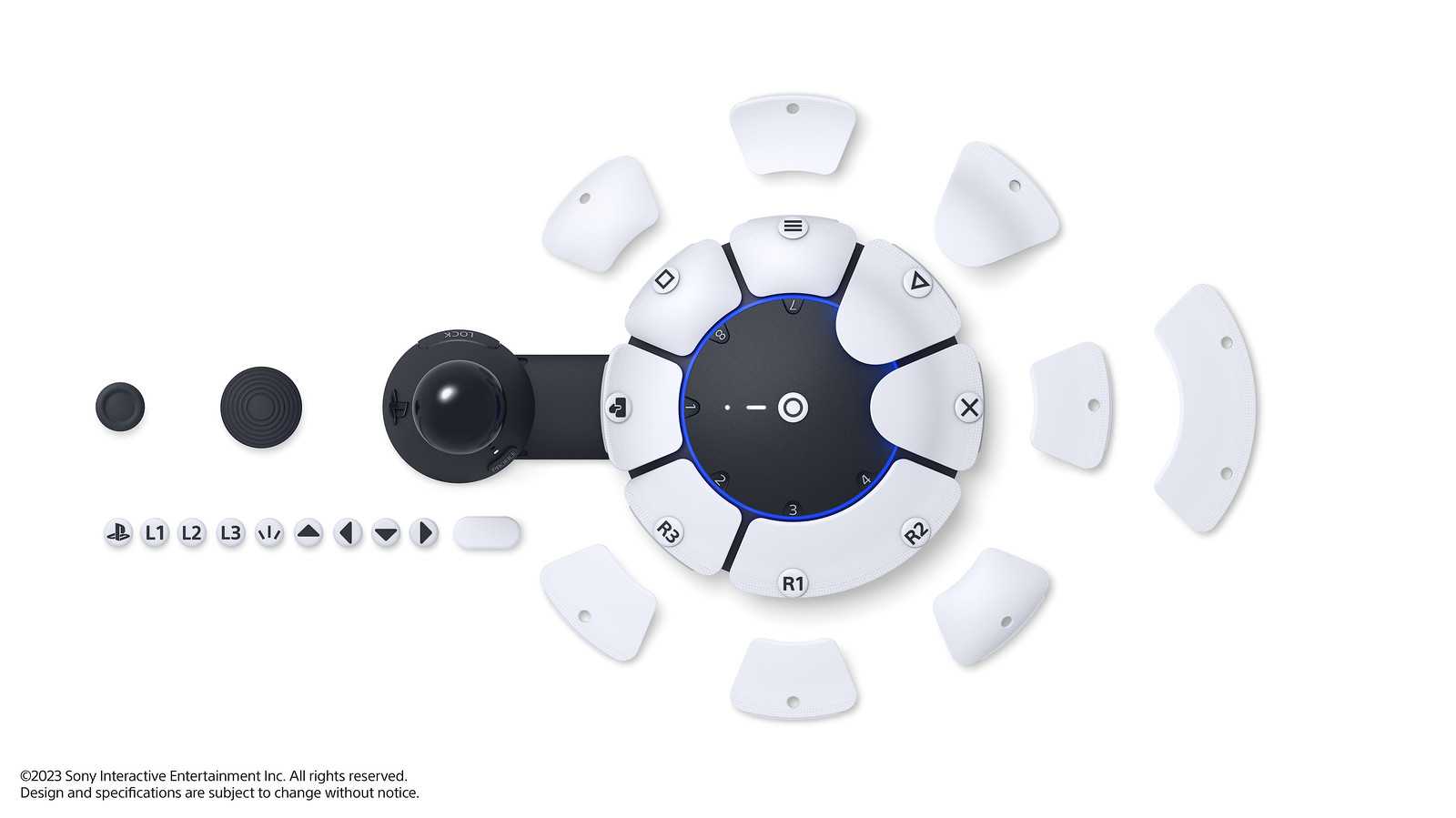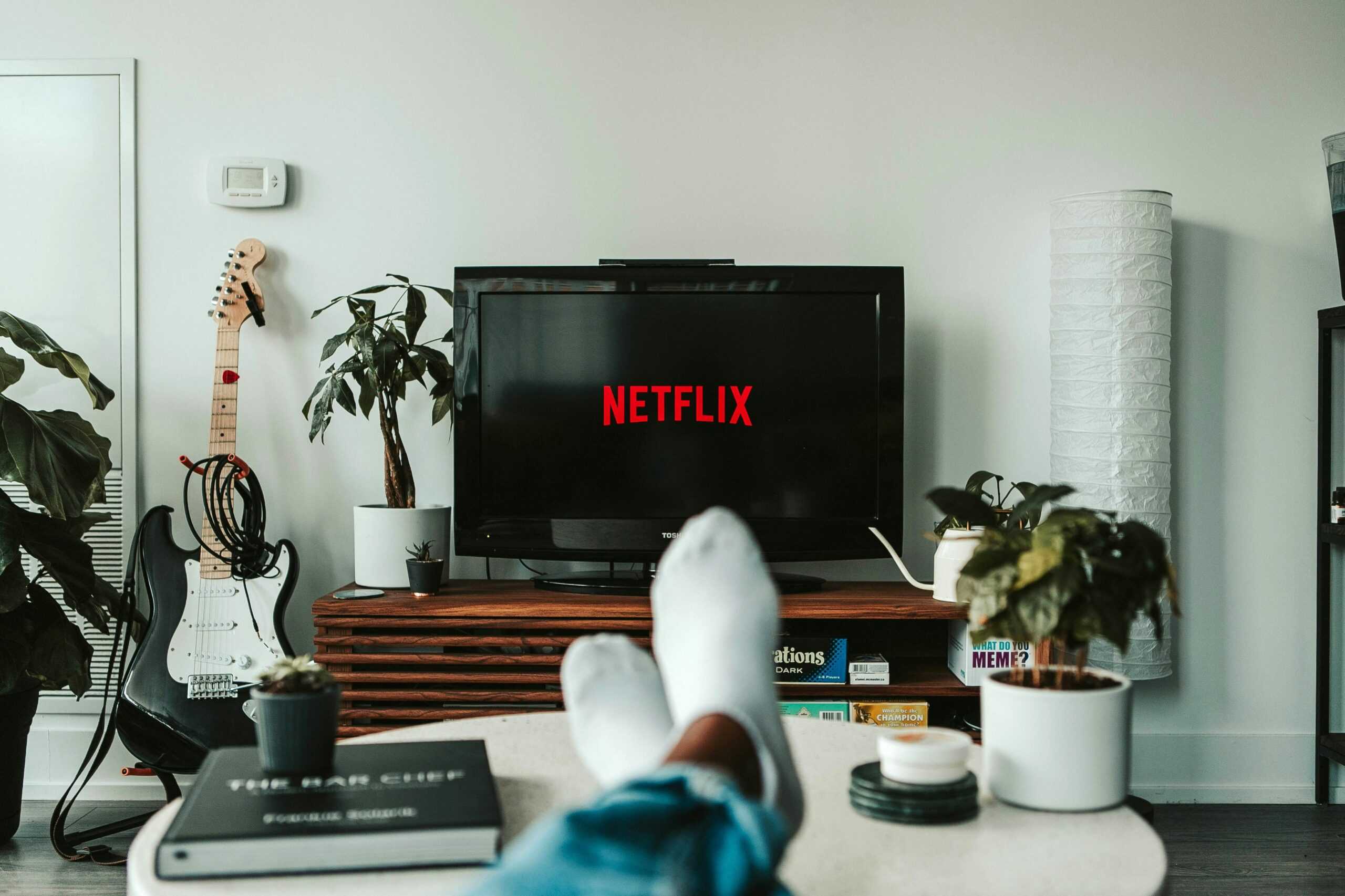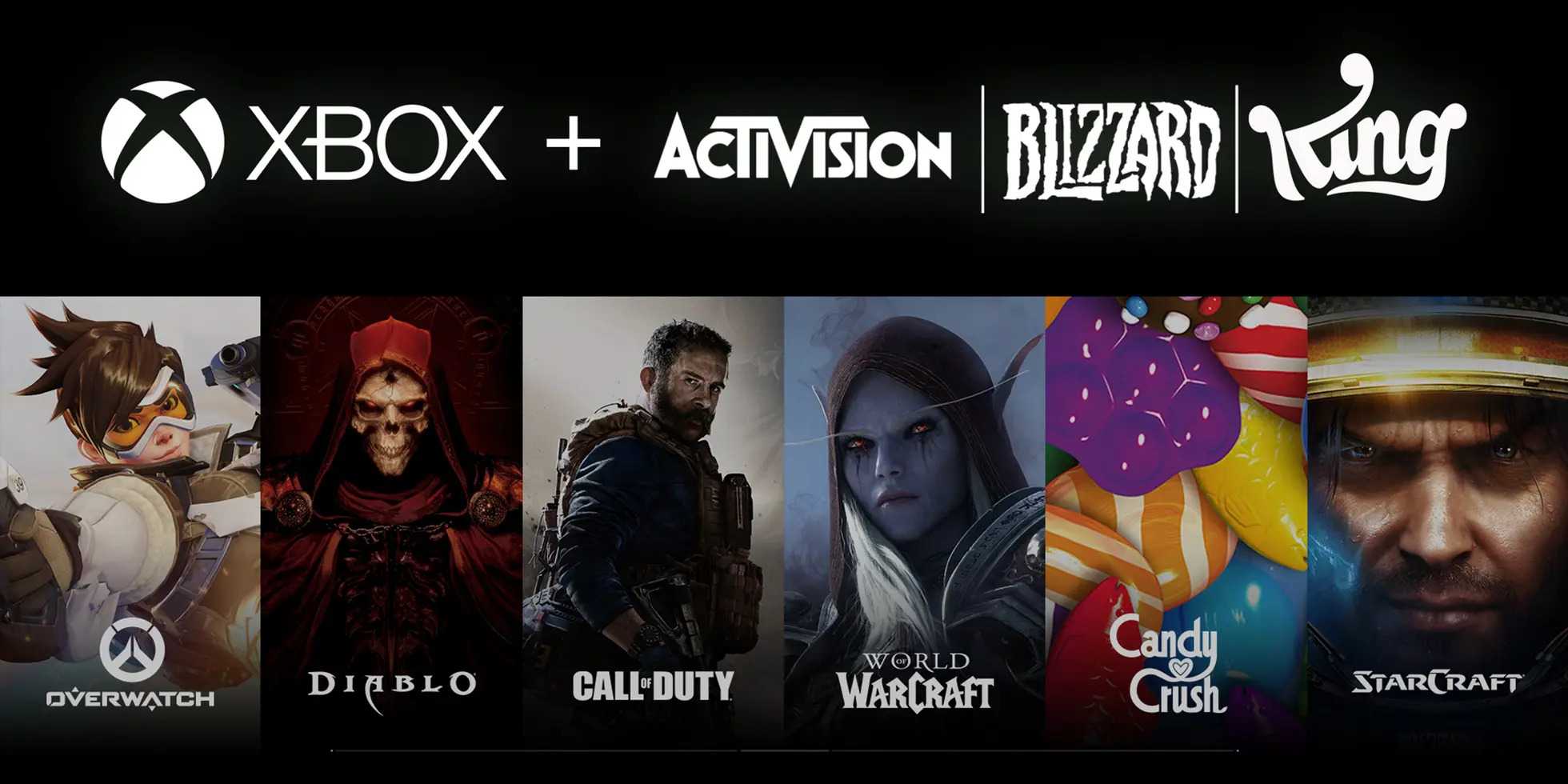Representation in entertainment matters, and while some progress has been made in giving a voice to minorities and people of various genders and sexual orientations, there’s a massive population that’s yet to see its needs fully embraced: disabled persons. Around 15% of the people on Earth live with some form of disability. Ethics aside, ignoring this audience (over 1 billion individuals) is simply bad business.
Linear entertainment, however, can learn a thing or two about accessibility by paying close attention to the gaming industry, which has increasingly been looking to make interactive entertainment playable for all, regardless of ability. From the Xbox Adaptive Controller, which has been integrated at booths at shows like Gamescom, to the recently announced Project Leonardo (an accessibility controller for PS5), and robust accessibility options offered in games from studios like Naughty Dog and Insomniac, among others, the gaming industry is taking a more inclusive approach.
In a piece authored for Interpret by The LEGO Group’s Elliot Linger and Futureview’s Henry Piney, the duo note that the games sector is not only doing right by society, but “is creating a larger market of customers, who will contribute to the discourse, and fuel experimentation and innovation.” Moreover, as the world of gaming and linear entertainment dive deeper into metaverse and Web3 experiences, there are even greater opportunities to widen the scope of accessibility features across entertainment.
For example, “in the metaverse, audio and haptic signals could help guide the visually impaired individual around the corridors of the metaverse cinema. For a deaf person, rather than being forced to lip read (or opt for a closed caption screening IRL), in a metaverse cinema, the same individual could select closed captions, change the size of the font, put their private volume to max and so on.”
Games and games-adjacent tech (such as those used to build the metaverse) are opening the door to new possibilities in accessibility. Will other entertainment firms walk through it?







